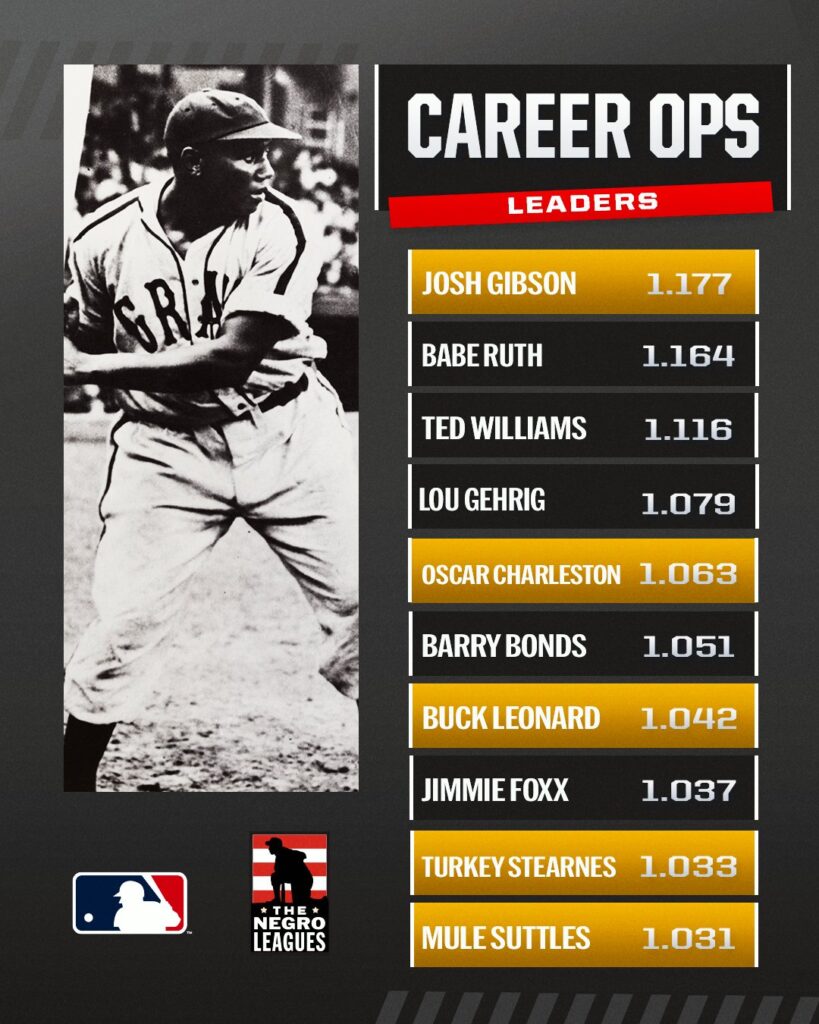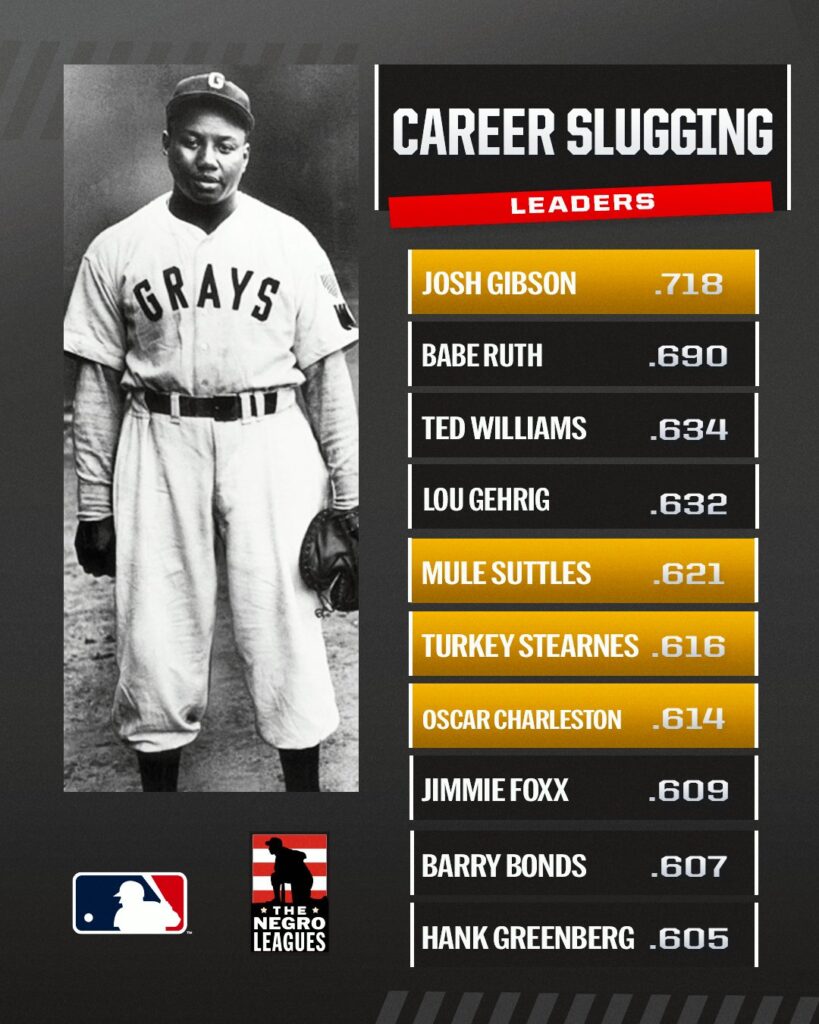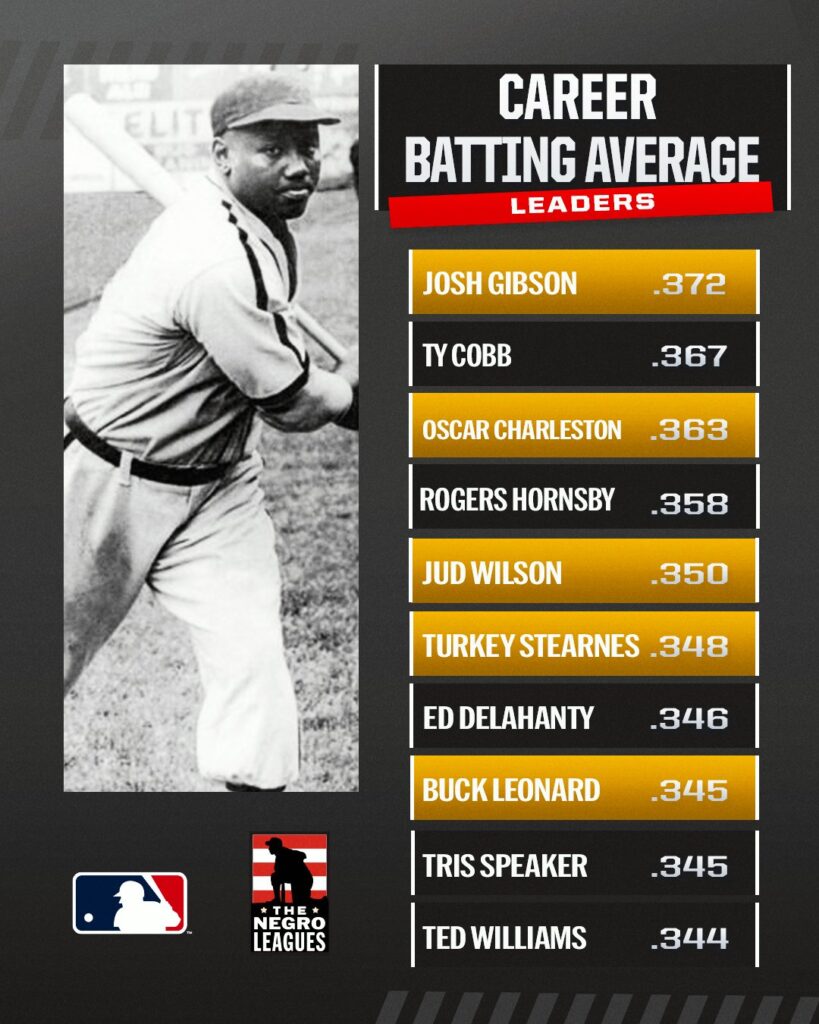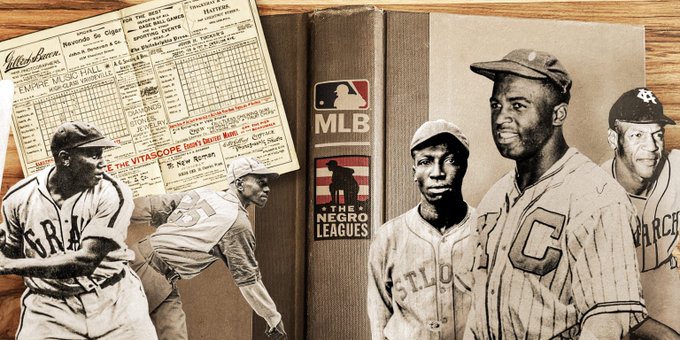Bud Black, manager of the Colorado Rockies, has long been fascinated by the legends of the Negro Leagues. With admiration for players like Josh Gibson and Satchel Paige, Black was thrilled to hear that statistics from the Negro Leagues have now been incorporated into Major League Baseball’s historical record.
“I was excited by the recognition that the Negro Leagues players are receiving,” Black said before Wednesday’s game against the Guardians. “I think that’s the thing that is important: that these great players that we’ve heard about, that we’ve seen on some old-time video are finally being recognized for their talents and their statistics.”




This milestone change elevates Negro Leagues stars to equal statistical footing with American and National League players, a recognition that was long overdue. For example, Josh Gibson, a standout catcher for the Homestead Grays and Pittsburgh Crawfords, now holds the all-time MLB records in batting average, slugging percentage, and OPS, as well as single-season records in each of those categories.

However, this recognition goes beyond individual statistics. It brings to light the names and achievements of many Negro Leagues stars, providing them with the historical acknowledgment they deserve. As Pirates outfielder Andrew McCutchen noted, this update allows fans to learn about players they might not have heard of before. “Now that Josh Gibson is at the top of OPS and batting average and a few other categories, it’s great news,” McCutchen said. “But it’s more than just that and the numbers. It’s great that you now get to learn about the players in the Negro Leagues.”
Yankees manager Aaron Boone echoed this sentiment, highlighting the educational value of this change. He believes it will help fans, players, and coaches gain a deeper understanding of stars like speedster James “Cool Papa” Bell and introduce them to lesser-known players.
White Sox assistant general manager Josh Barfield acknowledged that MLB’s decision would likely spark some controversy, given the significant changes to many all-time statistical leaderboards. However, he emphasized the importance of validating the experiences of Negro Leagues stars. “Part of what makes this game so special is the preservation of the numbers, the records, and things like that,” Barfield said. “But at the same time, the caliber of players that were in this league, it’s hard to deny that if it wasn’t the Major Leagues, it was very, very close as far as night-in, night-out competition.”

The recognition of the Negro Leagues as Major Leagues in 2020, encompassing seven leagues from 1920 to 1948, marked a significant step. Wednesday’s announcement further solidifies their equal status with the AL and NL.
Brewers manager Pat Murphy expressed a deep personal connection to the issue, highlighting the injustice that Negro Leagues players faced. “It’s sensitive to me for a lot of reasons,” Murphy said. “It’s just awful they weren’t allowed to go out and play. This is a statement saying that we recognize that. We recognize that it was a gross injustice.”
Reds pitcher Hunter Greene and Rockies manager Bud Black both agreed that this move was long overdue. “It’s been talked about for a long time,” Black said. “I’ve known about these players and I’ve read about them. So I think it’s probably a little bit overdue that now finally it’s going to be in our record books of our great game of baseball.”

Brewers outfielder Blake Perkins, who was initially unaware of the news, was pleased to hear about the update. “I think it’s a positive thing for our game,” Perkins said. “It’s just bringing light to the players who came before us and giving them the respect that I think they rightly deserve.”
This historic move sheds light on stars like Oscar Charleston, Turkey Stearnes, and Buck Leonard, who were good enough to dominate the National and American Leagues but were excluded due to their race. Angels manager Ron Washington summed up the significance of the change: “It’s significant because there are some players in the Negro Leagues that could have dominated the National and American Leagues when they played. It took some time, but in time, good things happened. Very good.”


Pingback: Respect and Recognition Negro Leagues Stats Join MLB’s Historical Record - On The Rampage